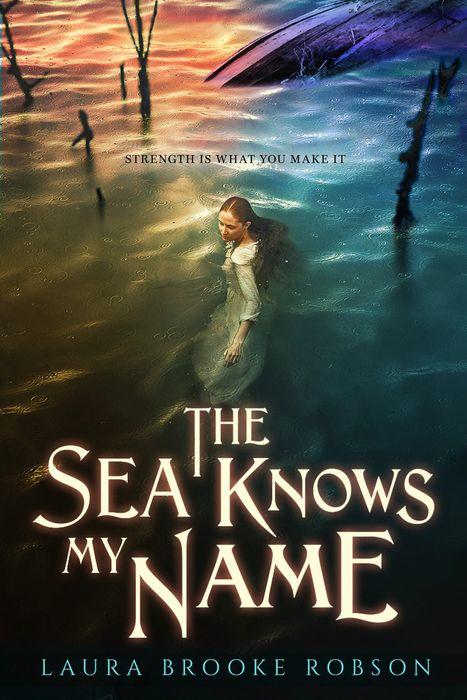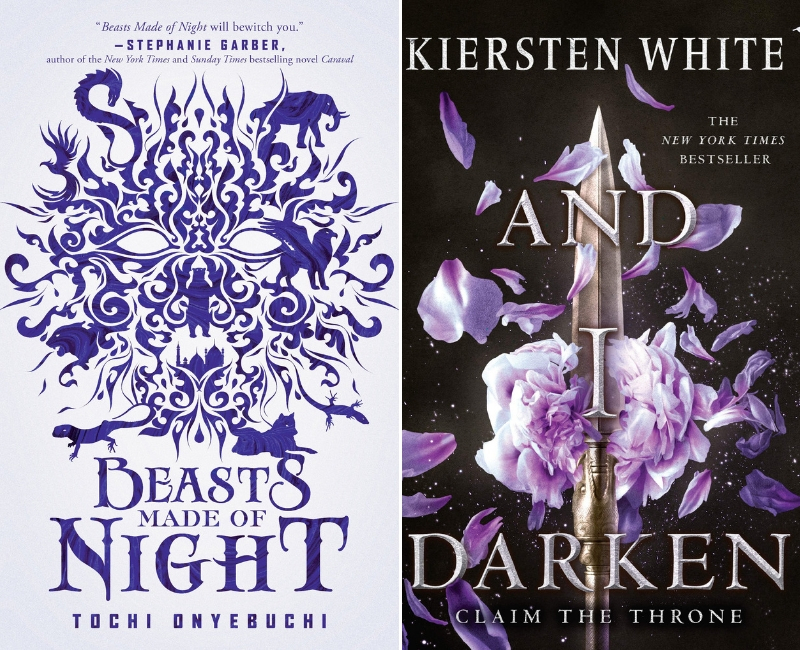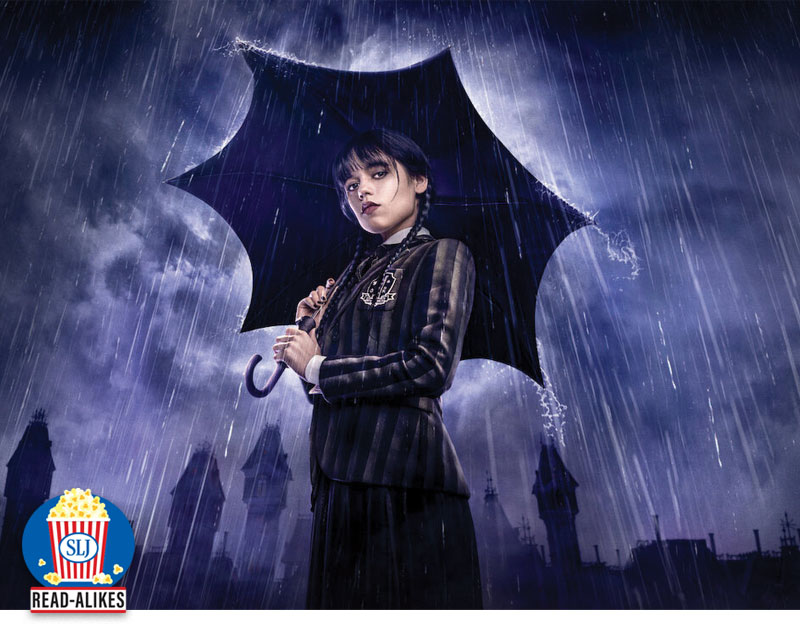Reimagining Greek Myths, a guest post by Laura Brooke Robson

Growing up, I was a Greek Myth Kid. I had all the gear:
- A toga and headband (so I could dress up like Artemis)
- Earrings that looked like old coins
- Books of myths, translated and mostly sterilized
My only complaint about Greek mythology was that there was, it seemed, a lack of cool women. The women were mostly petty (Hera) or crazy (Medea) or too distracted by their children to be interesting to an eight-year-old (Demeter). Athena was a good one, as was Artemis. Both knew how to wield weapons. Both had a propensity toward violence. Both, along with Hestia, were considered “virgin goddesses.” What I would not understand about Greek mythology until I was older and no longer reading children’s versions of the myths was the sheer quantity of rape.

My novel, The Sea Knows My Name, is punctuated by myths. I’ve reimagined them, but if you, like me, were a Greek Myth Kid, you’ll recognize them. We start with the story of Thea, the goddess of rationality and bloody retribution. Like Artemis and Athena, she is a virgin goddess.
ADVERTISEMENT
ADVERTISEMENT
My main character, also Thea, was named after this goddess. When seventeen-year-old Thea thinks of strength, she thinks of her namesake: violent, unimpeded by emotion, impervious to the threat of sexual assault. Seventeen-year-old Thea has a lot in common with seventeen-year-old me. I also conflated strength with the physical. I wanted to be someone who could drink whisky and silence a room with one acid glare. In YA fantasy, we often encounter “strong female heroines” who have this sort of strength–the physical toughness and emotional impermeability. But long before I tried to model myself after the heroines in YA books, I tried to model myself after my favored goddesses of Greek mythology.
The Sea Knows My Name asks how our stories shape us. It asks us what happens when all our stories are about Zeus rather than Leda; Apollo rather than Daphne; Ajax rather than Cassandra. If you know the story of Cassandra, you’ll recognize her in The Sea Knows My Name. If you don’t–Cassandra was a priestess cursed to tell accurate prophecies that no one would ever believe. When Greek forces sack her city, Troy, she hides in one of Athena’s temples. Ajax, a renowned warrior, finds her and rapes her. Athena takes mighty retribution, killing Ajax, though you get the sense Athena is more upset about her temple than about Cassandra. I wouldn’t have lingered on Cassandra in my younger days reading myths, but I linger on her now. It is a horrible story at every turn; and yet, it resonates.
Just before The Sea Knows My Name begins, Thea is sexually assaulted by someone she trusts. She does not know how to cope with this. She does not have the words to describe how she feels. And she does not have the stories that promise her–not despair, or vengeance, or pain–but hope.
I said The Sea Knows My Name was about how stories shape us, and it is that. But really, it’s a story about how we learn to shape ourselves.
Meet the author

Laura Brooke Robson grew up in Bend, Oregon and moved to California to study English at Stanford University. She currently lives in Melbourne, Australia, where she enjoys drinking too much coffee and swimming in places she’s probably not supposed to swim. Her sapphic debut Girls at the Edge of The World published to enormous praise, with her sophomore follow up The Sea Knows My Name featuring all new characters but based in the mesmerizing world.
About The Sea Knows My Name
In this seafaring fantasy, a soft-spoken and empathic teen must chart her own course to rescue the ruthless pirate who raised her
If there’s one thing Thea Fowler has learned from her mother, it’s that the only way for a woman to survive in a man’s world is to make herself strong, invulnerable even. Strength, after all, is how Clementine Fowler survived after her world was washed away by ash and lava and became one of the most notorious pirates the world has ever known.
Unfortunately, Thea has inherited none of her mother’s ruthlessness and grit.
After a lifetime of being told she is a disappointment, Thea longs to escape life under her mother’s thumb. And when she falls for a handsome sailor named Bauer, she thinks she’s found her chance at a new life. But it’s not long before first love leads to first betrayal, and Thea learns that there’s more than one way to be strong.
ISBN-13: 9780525554066
Publisher: Penguin Young Readers Group
Publication date: 06/14/2022
Age Range: 14 – 17 Years
Filed under: Guest Post
About Amanda MacGregor
Amanda MacGregor works in an elementary library, loves dogs, and can be found on Twitter @CiteSomething.
ADVERTISEMENT
ADVERTISEMENT
SLJ Blog Network
The 2024 Ninja Report: Bleak
A Sequel Coming This Summer That You Won’t Want to Miss: Bob Shea Discusses His Latest
Review| Agents of S.U.I.T. 2
ADVERTISEMENT







